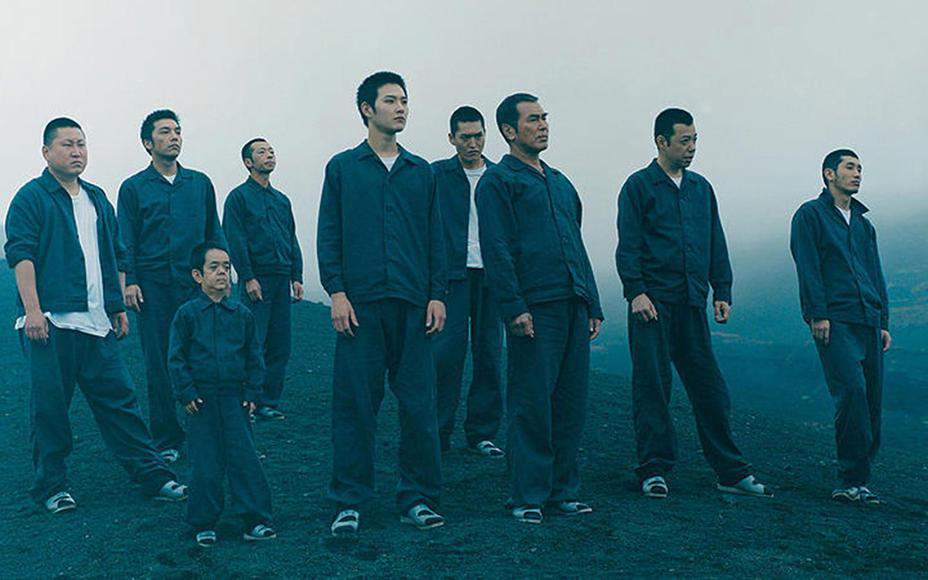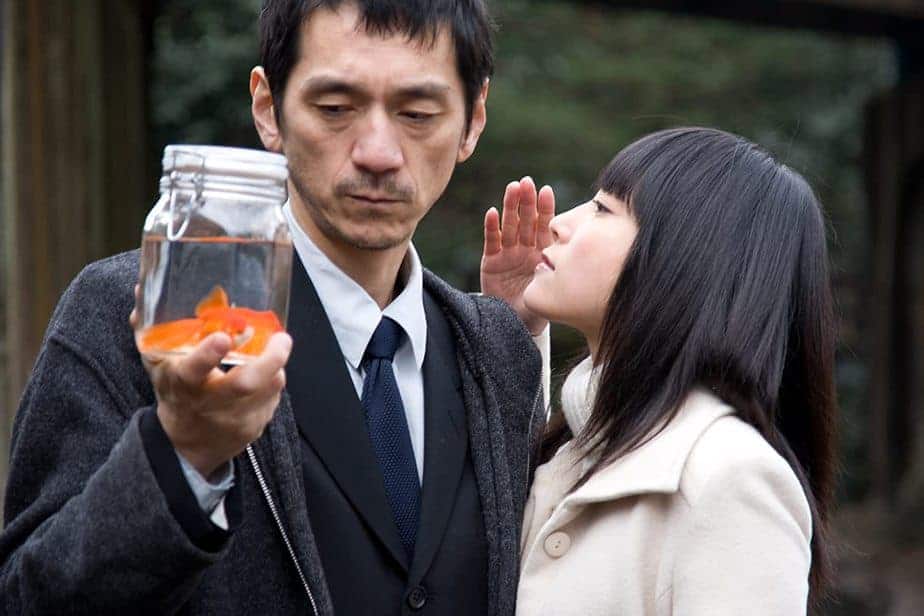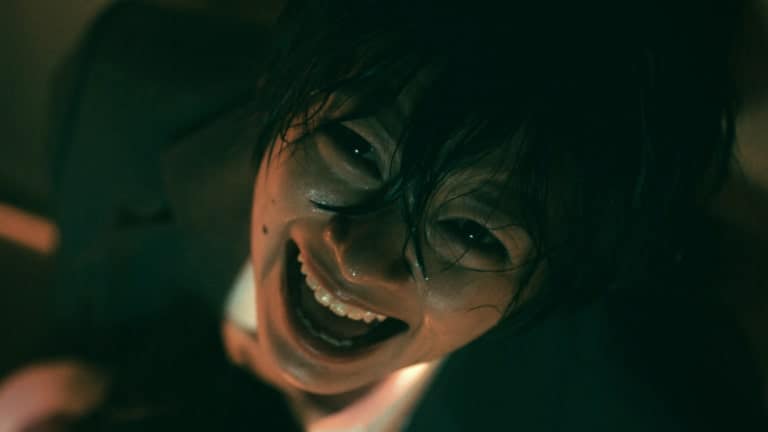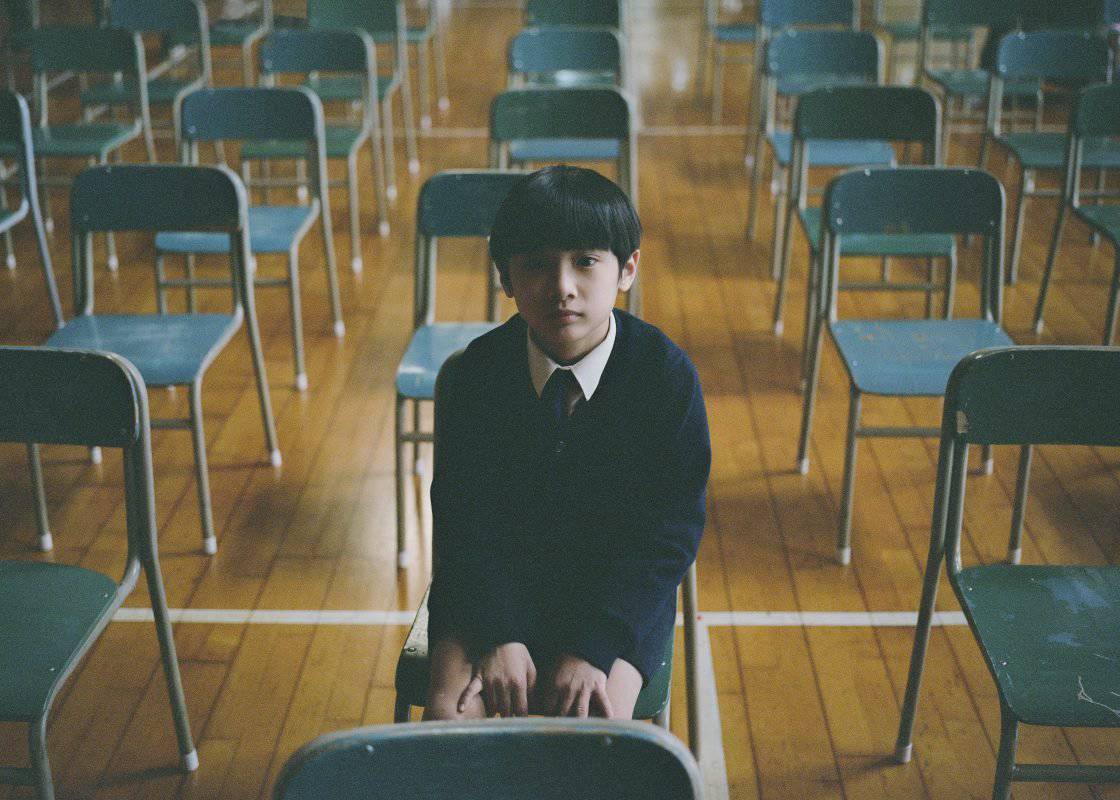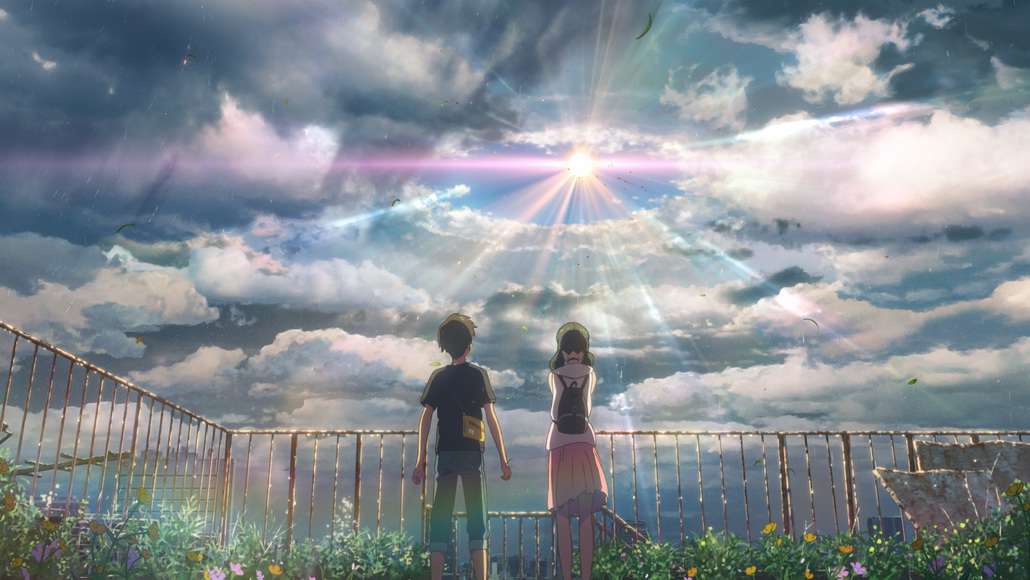“Male bonding starts with pissing together.”
Japanese director Toshiaki Toyoda has remained largely unknown to filmgoers due to the reclusive nature of the man himself as well as the fact that unlike directors such as Takashi Miike, his output has been scarce over the last years. After his arrest and trial on drug-related charges Toyoda was blacklisted for quite some time and was able to release his next picture four years after “Hanging Garden” (2005). Even with being blacklisted, interviews with the filmmaker are quite rare as well as recent releases of his films.
In one of the few interviews the director gave during the Terracotta Far East Film Festival 2012 he talks about the inspiration of what might just be his most popular film, “9 Souls” (2003). The film is based on an escaping case which took place in the USA and the idea of breaking out of prison, any kind of prison stuck with him and became the foundation of the film.
Buy This title
One might add to these statements that maybe for a director who – considering works like “Pornostar” (1998) – had already displayed a certain kind of attraction to the topic of Japan's disaffected youth putting the finger on the actual source of the problem would be the logical next step. However, with “9 Souls” the director reached much deeper, not only socially, but philosophically.
In the film, a young man Michiro (Ryhuhei Matsuda) is sentenced to 13 years in prison after killing his father in cold blood. In the least-crowded cell in the facility, according to a guard, he meets nine other convicts serving similar sentences. Upon realizing the space in their cell will become even more restricted, one of the older inmates (played by Jun Kunimura) becomes so angry he eventually has to be taken away by the guards. During the fight, he mentions a hidden stash of money.
Thanks to a hole in the wall the remaining nine men can escape and set upon finding the money. Led by Torakichi (Yoshio Harada), the group steals a caravan and seeks refuge in the country. As they make their way through the Japanese countryside, the men must not only handle the idea of freedom, which they have reached, but also what they plan to do once they have been given their share of the money.
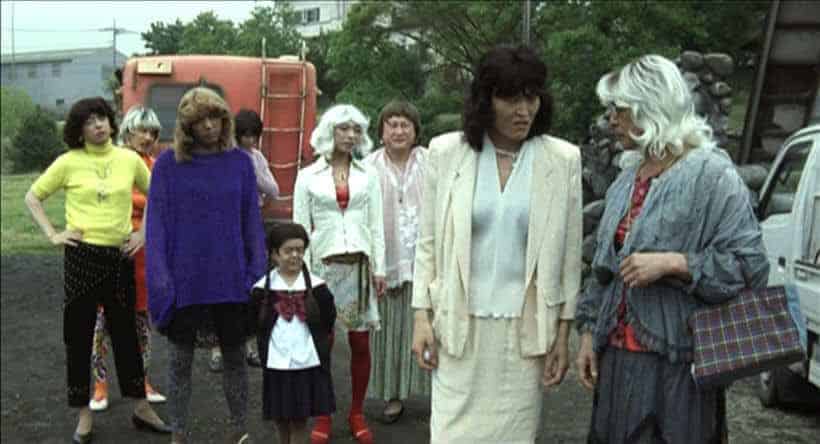
By comparing “9 Souls” to the debut feature of the director, “Pornostar”, one can see the progress Toyoda has made in between when it comes to narrative, as well as technical aspects of film. Whereas “Pornostar” was basically focused on two male protagonists and their fatal relationship, “9 Souls” – as the title suggests – is a movie with an ensemble cast, each of them with their own personality, weaknesses and strengths. The movie uses this to its advantage with the characters using different disguises, as women or by simply putting on fake mustaches, in contrast to the standard prison clothing. When outside, they quickly change into a white overall, a blank space or clean slate, so to speak, suggesting the idea of a new beginning for the characters in the world lying before them.
Within the large cast of characters, Toyoda's script manages to give each of these characters his own moment. At the beginning of the film, the viewer is informed of the crimes and the prison sentences of each of these men via text boxes next to each character. However, in the course of the first half of the film, Toyoda manages to establish a certain group dynamic with the men making bawdy jokes or showing off with some of the petty crimes they have committed. They talk about finally being able to have contact with women again, leading to a rather embarrassing scene in which one of them is trying to have intercourse with a sheep because “they are so soft”.
In the second part of the film, the script changes its tone to a much darker, disillusioned look at the world the nine escapees step into. Being outcasts and regarded as a menace to society once uncovered, they are hunted down by the public. Whether it is the streets of a city or the wide, open landscape in the country, the prison is always there even if one cannot see the bars anymore. Not being allowed the opportunity to change or rehabilitate in the eyes of society labels them as permanent outsiders.

Additionally, the version of Japan the film shows is a place where dreams are no longer possible, a bleak area with anonymous cities and a gray countryside. Almost all of the shots outside are static showing a foggy, cold landscape with almost no humans – except for the protagonists. It is a place where finding one's happiness has become futile even if one finds a four-leafed clover like Michiro. “What's your dream?” one of the others ask him “No dream.” is the young man's response as he continues looking down like most of the time in the movie.
In the end, “9 Souls” is a film which delivers a dark, bleak view on Japan, possibly influenced by the director's own experiences with its justice system. However, this is not a bitter movie, since its themes of forgiveness and redemption make it a captivating, human drama.
Sources:
Hunt, Ferry (2012) Interview with Toshiaki Toyoda
http://takeonecinema.net/2012/tff2012interview-with-toshiaki-toyoda/, last accessed on: 05/12/2019


